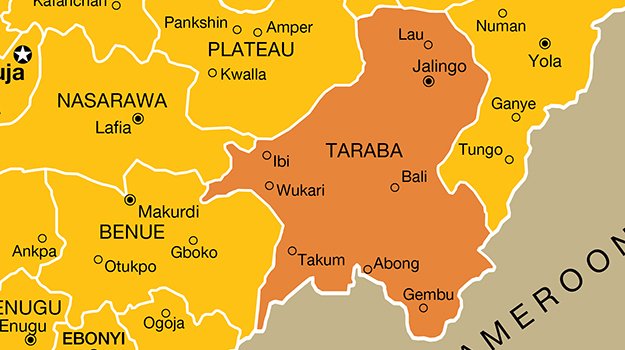By Gom Mirian
The World Health Organisation (WHO) has called for improved access to safe blood and blood products in Africa, saying access to them are still financially prohibitive.
Stressing that there is a need for more work to be done in the African Region to encourage more blood donation, the organisation noted that with an average donation rate of 5.9 units per 1000 individuals, compared to 33.1 donations per 1000 persons in high-income countries, patients in the WHO Africa Region pay on average, $42 out of pocket to access safe blood.
WHO Regional Director for Africa, Dr. Matshidiso Moeti, said this on Wednesday in a message to commemorate World Blood Donor Day, 2023, with the theme, “Give blood, give plasma, share life, share often.”
She said: “Results from a survey conducted in 2022 revealed that sixteen (16) countries out of thirty-nine (39) that took part in the survey, had more than 80% of voluntary non-remunerated blood donation (VNRBD), and 19 countries had less than 50% of voluntary non-remunerated blood donation. Thirty (30) countries reported that plasma-derived medicinal products were listed on their essential medicines list. These statistics show that there is a need for more work to be done in the African Region to improve access to safe blood and blood products.
“We must address persistent challenges to ensure sustainable access to safe and quality-assured blood and blood products for needy patients. Through our collaborative efforts, we must raise adequate and sustainable funding and increase blood donation rates. We also need to build the capacity of countries to separate donated blood into its components such as red cell concentrates, platelet concentrates, fresh frozen plasma, and cryoprecipitate, and curb inappropriate clinical transfusion practices.”


